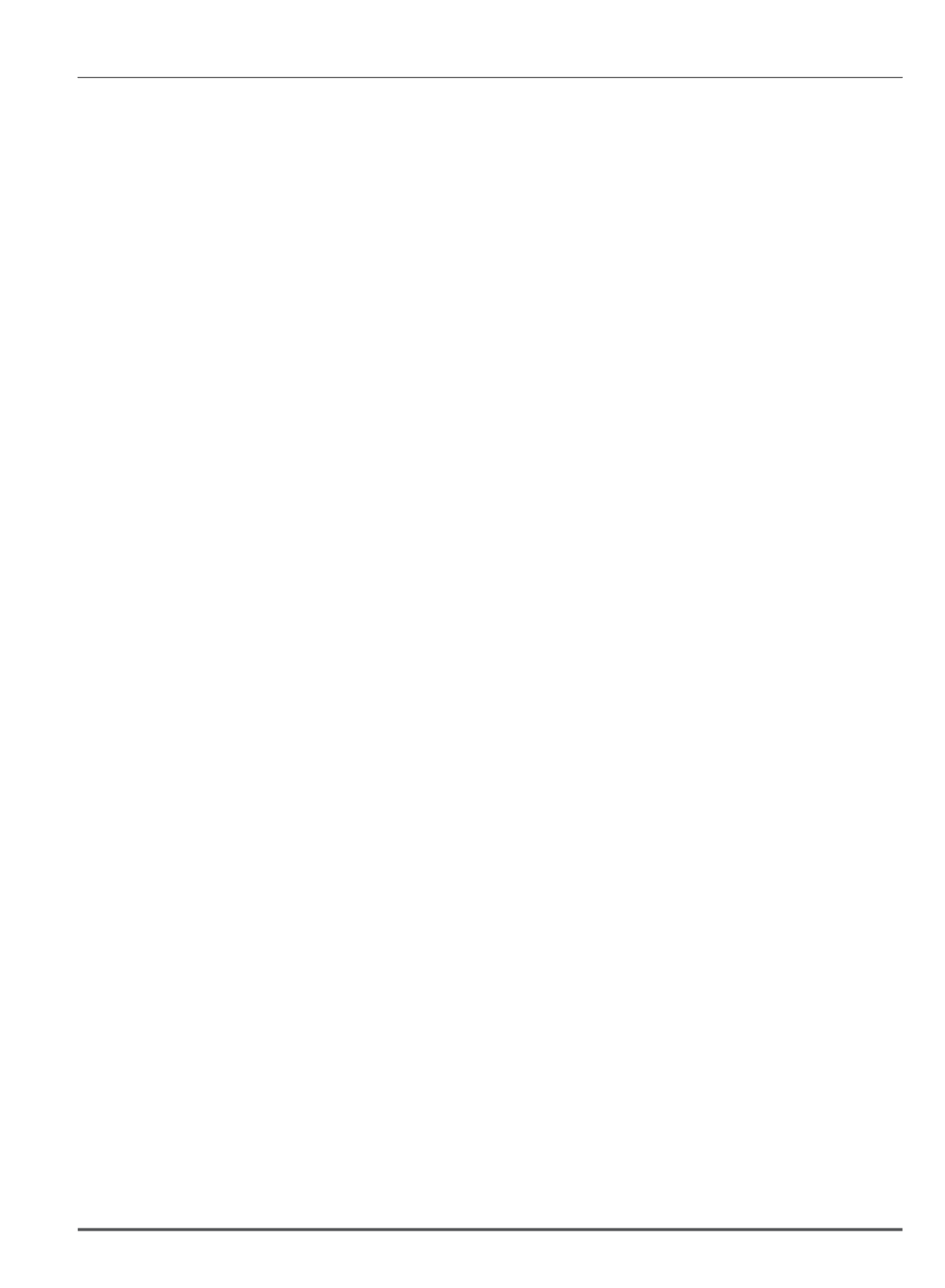
Bursa Malaysia • Annual Report 2013
71
b.
To safeguard the integrity of information, the Director, Corporate Services
who is also the Chief Financial Officer (CFO) had, on 8 April 2013, 11 July
2013, 10 October 2013 and 22 January 2014, given assurance to the
AC that adequate processes and controls were in place for an effective
and efficient financial statements close process in the preparation of the
quarterly financial statements of 2013, and that appropriate accounting
policies had been adopted and applied consistently to give a true and fair
view of the state of affairs of the Group.
c.
On 29 January 2013, the CFO presented for the AC’s approval the proposed
audit and non-audit services to be provided by the External Auditors for
2013 (Annual Plan 2013) in accordance with the Auditor Independence
Policy.
2. External Audit
a.
The AC deliberated upon the External Auditors’ report at its meeting on
29 January 2013 with regard to the relevant disclosures in the annual
audited financial statements for 2012.The AC also considered suggestions
to improve the accounting procedures and internal control measures.
b.
On 29 January 2013, the AC reviewed the list of services in the Annual Plan
2013 which comprised the non-recurring and recurring non-audit services
that may be provided by the External Auditors.The non-recurring non-audit
services that were expected to be utilised in 2013 were ad-hoc tax advisory
services, special audits in connection with the transfer of Bursa Malaysia
Securities Berhad - Compensation Fund and Bursa Malaysia Derivatives
Berhad - Fidelity Fund to Capital Market Compensation Fund Corporation,
as well as goods and services tax implementation.The recurring non-audit
services were in respect of tax compliance, scrutineers at Bursa Malaysia’s
AGM, the annual review of the Statement on Internal Control and Risk
Management, and limited reviews of quarterly financial statements. In
considering the nature and scope of non-audit fees, the AC was satisfied
that they were not likely to create any conflicts of interest, nor impair the
independence and objectivity of the External Auditors.
c.
BursaMalaysia has in place theAuditor Independence Policy which requires
the lead and concurring audit engagement partners of Bursa Malaysia
Group to be subject to a five-year cooling-off period. Mr. Chan Hooi Lam
became the lead audit engagement partner in 2010 and will be rotated
in 2015, whilst Ms. Gloria Goh became the concurring audit engagement
partner in 2011 and will be rotated in 2016.
In this respect, the AC carries out an annual review of the performance
of the External Auditors, including assessment of their independence
in the performance of their obligations as External Auditors. For 2013,
the AC was satisfied with the External Auditors’ technical competency
and independence, based on its annual evaluation of their performance,
and with the reasonableness of their audit fees. With that, the AC further
recommended for the Board’s approval the reappointment of the External
Auditors for 2013.
Audit Committee Report
d.
On 21 October 2013, the AC reviewed the External Auditors’ 2013 Audit
Plan outlining their scope of work and proposed fees for the statutory audit
and review of the Statement on Internal Control and Risk Management
for 2013. The AC further resolved to recommend the proposed fees to the
Board for approval.
e.
On 27 January 2014, the CFO presented that an amount of RM220,000
was actually incurred for non-audit fees in 2013, which constituted
approximately 43% of the total remuneration of RM518,000 to the External
Auditors for 2013.At the same meeting, the CFO also presented for theAC’s
review the list of services in the Annual Plan 2014.
f.
On 27 January 2014, the performance of the external audit function was
reviewed and assessed by the AC. Feedback on the conduct of the external
audit was obtained from the Management.
The External Auditors provided written assurance on 27 January 2014 to
the AC that they were and had been, independent throughout the conduct
of the audit engagement for 2013 in accordance with terms of all relevant
professional and regulatory requirements.
Being satisfied with the performance of the External Auditors, the AC
recommended their reappointment for 2014.
3. Internal Audit
a.
The GIA team conducted the audit activities as planned in the 2013
Audit Plan approved by the AC on 26 November 2012. The Head of GIA
and Departmental Heads of the respective GIA functions presented GIA’s
reports at every AC meeting during the year which reports on the status
and progress of IA assignments, including summaries of the audit reports
issued, audit recommendations provided by the Internal Auditors and
Management’s response to those recommendations.
During AC Meetings in 2013, GIA had given assurance to the AC via
Representation Letters that there was no material issue or major deficiency
noted that posed a high risk to the overall system of internal control over IT
maintenance expenses, securities trade fees, information services fees and
access fees respectively.
b.
At the meeting on 29 January 2013, the AC deliberated on the results of
GIA’s 2012 Balanced Scorecard and Key Performance Indicators (KPIs).The
GIA’s 2013 Balanced Scorecard and KPIs were considered and approved on
16 April 2013.
c.
At the meeting on 16 April 2013, the AC reviewed the results of GIA’s
Customer Satisfaction Survey for 2012, which included an analysis of IA’s
strengths and weaknesses and action plans to improve audit services to
IA’s customers. The results indicated that IA’s customers were generally
satisfied with the performance of the IA function.
Governance


